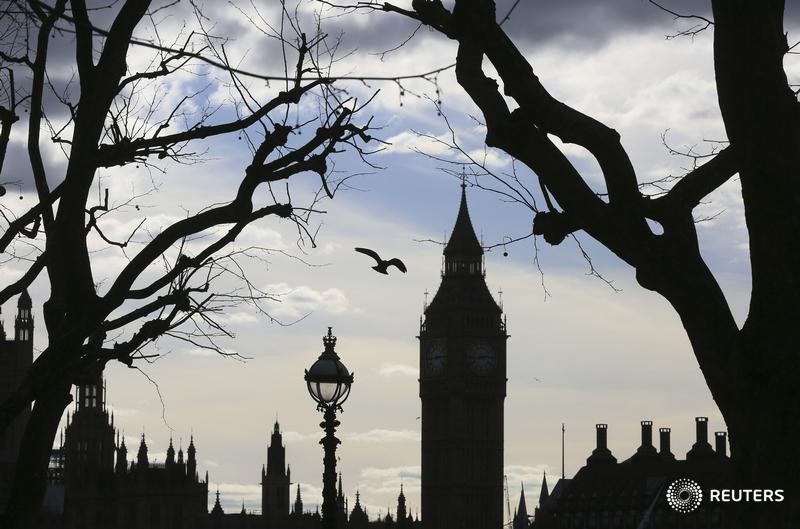Hedge funds cut NFLX, keep big bets on MSFT, AMZN, add NVDA
By Geoffrey Smith
Investing.com -- The pound fell against the dollar but rose against the euro, while U.K. stocks outperformed their European peers, as the race to be the next Prime Minister quickly developed into a competition defined by the outlook on taxation and responsible budget management.
Foreign Secretary Liz Truss became the latest high-ranking minister to enter the fray on Monday, declaring in the right-leaning Daily Telegraph that she would cut taxes "from day one" if elected, and arguing against the increases in tax on businesses and the self-employed drafted by Rishi Sunak, the former Treasury chief whose resignation acted as the catalyst for Boris Johnson's resignation as party leader last week.
Johnson intends to stay on as Prime Minister in a caretaker role through the summer while his party organizes the contest to pick his successor.
Truss's intervention had been expected, but she is only one of 11 lawmakers who have declared their candidacy. Home Secretary Priti Patel is also expected to announce her candidacy some time this week, with U.K. media reports suggesting that she will try to consolidate support from the wing of the party that held the hardest line on the matter of Brexit in recent years.
The contest is set to be a battle for the soul of a party that has traditionally claimed to be in favor of low taxes and spending, but that has been forced to raise both sharply in order to deal with the problem of an aging population whose health care needs typically have to be funded out of tax receipts rather than private insurance contributions.
The pandemic has made that situation more acute, while the economy is still struggling badly to adjust to life outside the European Union, where the promised economic benefits have not arrived quickly enough to offset the immediate damage done to industries from farming and food production to financial services.
As such, the respective candidates are finding it easier to promise tax cuts than to explain how they would fund them. Nadhim Zahawi, who replaced Sunak as Chancellor of the Exchequer at the weekend, said he would look at cutting government departmental spending by 20% in order to finance the required cuts, with pay restraint expected to play a major part.
Others who have already declared their candidacy include Sajid Javid, who resigned as Health Secretary on the same day as Sunak's departure, his predecessor Jeremy Hunt (who came second to Johnson in the last leadership contest), Attorney General Suella Braverman, former Equalities Minister Kemi Badenoch and Transport Secretary Grant Shapps.
However, Defense Secretary Ben Wallace, who enjoys one of the highest approval ratings of the current cabinet due to his role in organizing U.K. military support for Ukraine, ruled himself out of the contest at the weekend. Two lawmakers with military experience of their own - Penny Mordaunt and Tom Tugendhat - are likely to be the biggest beneficiaries of that.
The Guardian reported that the 1922 Committee of backbench Conservative MPs will meet on Monday evening to finalize the rules for the contest. It claimed that the Committee may require candidates to have the declared support of 25 of the party's 380-odd MPs in order to run, in the hope of whittling down a crowded field to allow a quick resolution.
